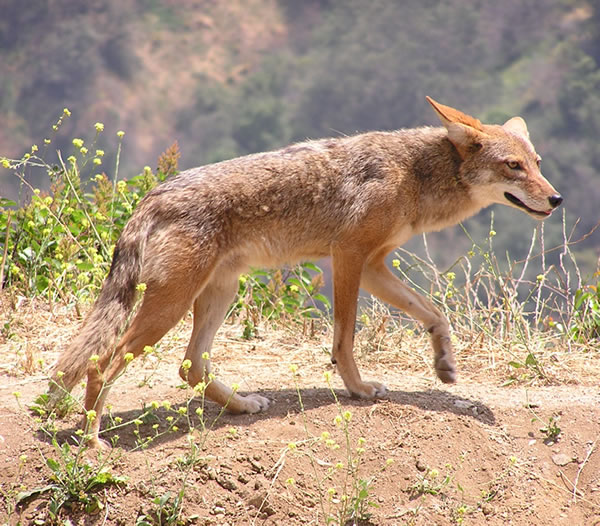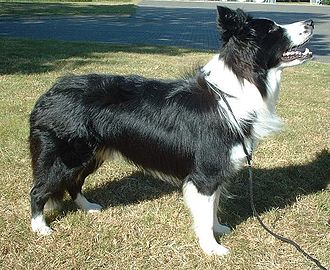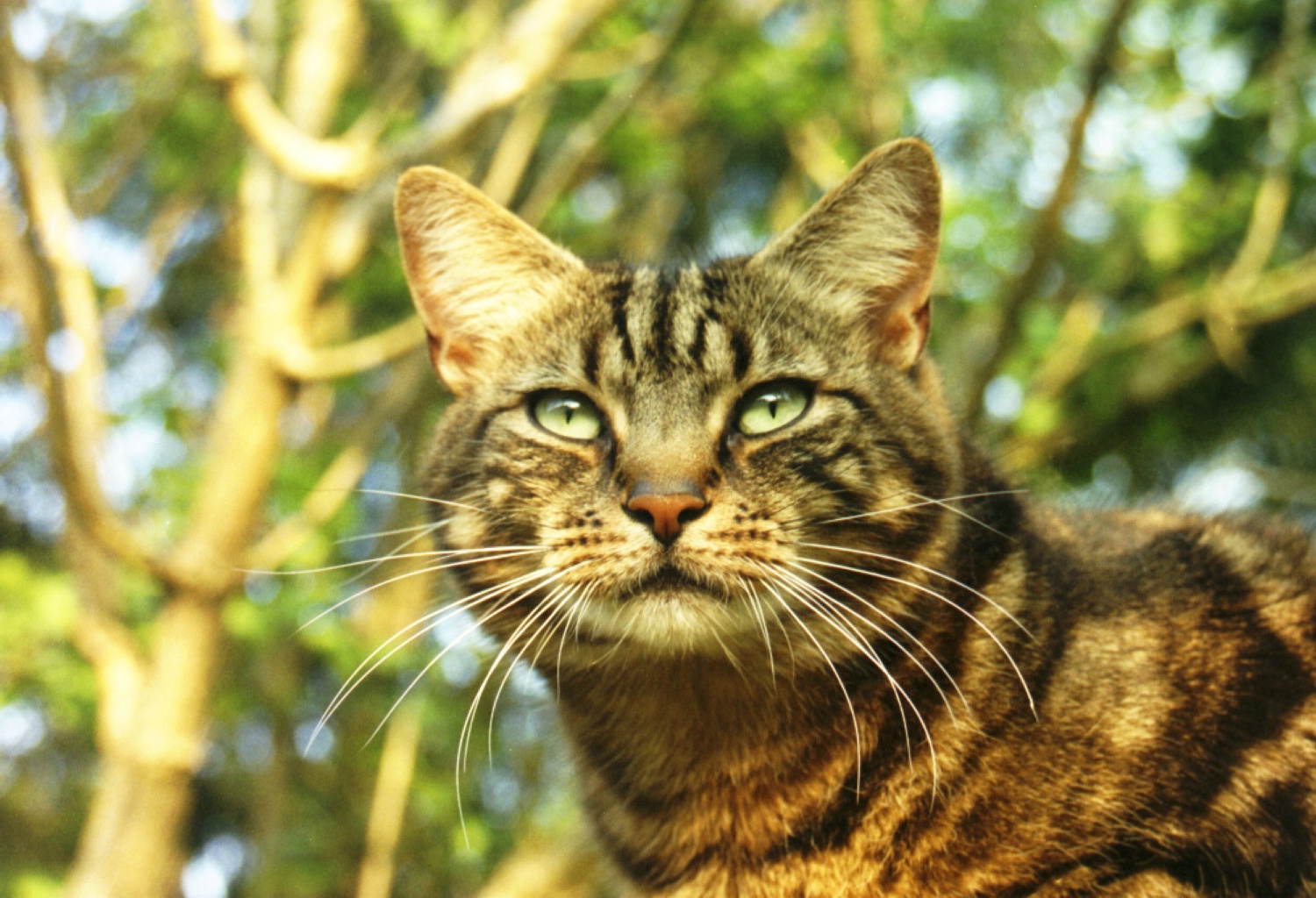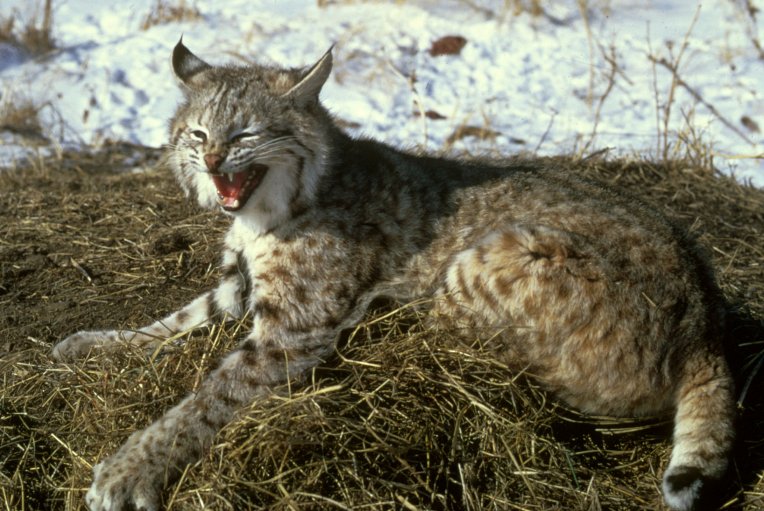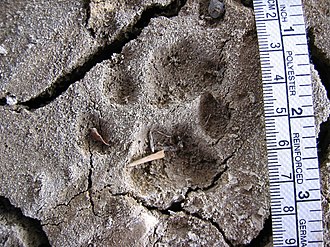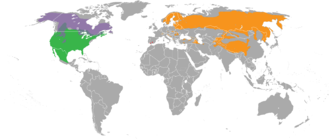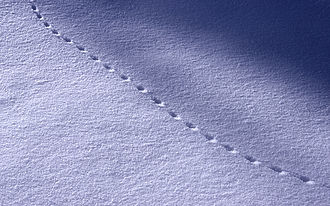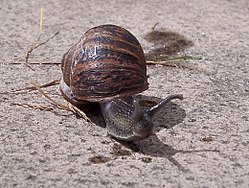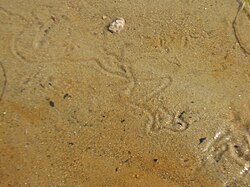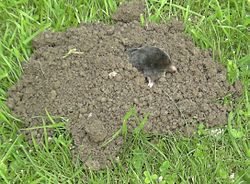Especialidades JA/Huellas de animales/Respuestas 2
| Huellas de animales | ||
|---|---|---|
| Asociación General
|
Destreza: 1 Año de introducción: 1976 |
|
Requisitos
| Conexión Logros para la Investidura: Esta especialidad está relacionada con los requisitos de Logros para la Investidura para COMPAÑERO Estudio de la naturaleza que requiere «Hacer figuras de yeso de tres diferentes huellas de animales.». Esta especialidad es una elección popular para la especialidad de la categoría de Estudio de la naturaleza de nivel de destreza 1 requerido para los COMPAÑEROS DE EXCURSIONISMO. |
Adventist Youth Honors Answer Book/Nature/Animal Tracking/Basic Casting Techniques/es
Hacer moldes de pistas en la nieve
Es difícil hacer moldes de La nieve porque no es tan firme como el barro. Además, el yeso genera calor cuando se mezcla y esto fácilmente puede derretir la nieve que rodea la pista. Sin embargo, las pistas son mucho más fáciles de encontrar en la nieve y el molde sí se puede hacer si se tiene cuidado.
Beaver scat is extremely difficult to find, as they have a habit of eliminating in the water. However, they leave more sign than any other creature except man. Beaver dams, lodges, and cut trees are very obvious signs of their presence. }}
Canines
Dogs, wolves, coyotes (Canidae)
Cat
Cat (Felis silvestris)
Lynx and Bobcats
Lynx and Bobcats (Lynx spp.)
Mouse
Mouse (Mus musculus)
Duck
Duck (Anatidae)
When most people think of mollusks, they think of clams and mussels. For this honor, it is beneficial to remember that snails and slugs are also members of the mollusk family, especially since they leave easily followed trails.
The best time to find snail or slug tracks is in the early morning. Look on the sidewalk near flower beds for the tell-tale slimy trails these creatures leave as they slip along. As these slime trails dry, they turn white and flaky, often curling at the edges.
That said, it is also possible to find the tracks of clams and mussels. The photo on the right shows the tracks left by a mussel in shallow water (about 10 cm![]() deep) at the edge of a fresh water pond.
deep) at the edge of a fresh water pond.
Find a place where you have seen earthworms in the past, preferably where the dirt is bare (i.e., no grass). Soak the area with water to drive the worms out of the ground. Worms need air, so when it rains (or when a Pathfinder soaks the ground with a hose), they will come to the surface. They might not come out immediately, so you should plan to return a day later to look for tracks in the mud you've made.
Moles are burrowing rodents, and if you have them in your yard, it is not difficult to see where they have been. As they tunnel along, they raise the earth above their tunnels. At the end of the tunnel you may find a hole surrounded by a "mole hill".
Referencias
- Categoría: Tiene imagen de insignia
- Adventist Youth Honors Answer Book/Honors/es
- Adventist Youth Honors Answer Book/es
- Adventist Youth Honors Answer Book/Skill Level 1/es
- Categoría: Libro de respuestas de especialidades JA/Especialidades introducidas en 1976
- Adventist Youth Honors Answer Book/General Conference/es
- Adventist Youth Honors Answer Book/Nature/es
- Adventist Youth Honors Answer Book/Nature/Primary/es
- Adventist Youth Honors Answer Book/Stage 0/es
- Adventist Youth Honors Answer Book/IAConnection/es
- Categoría:Especialidades JA/Señal de animal

